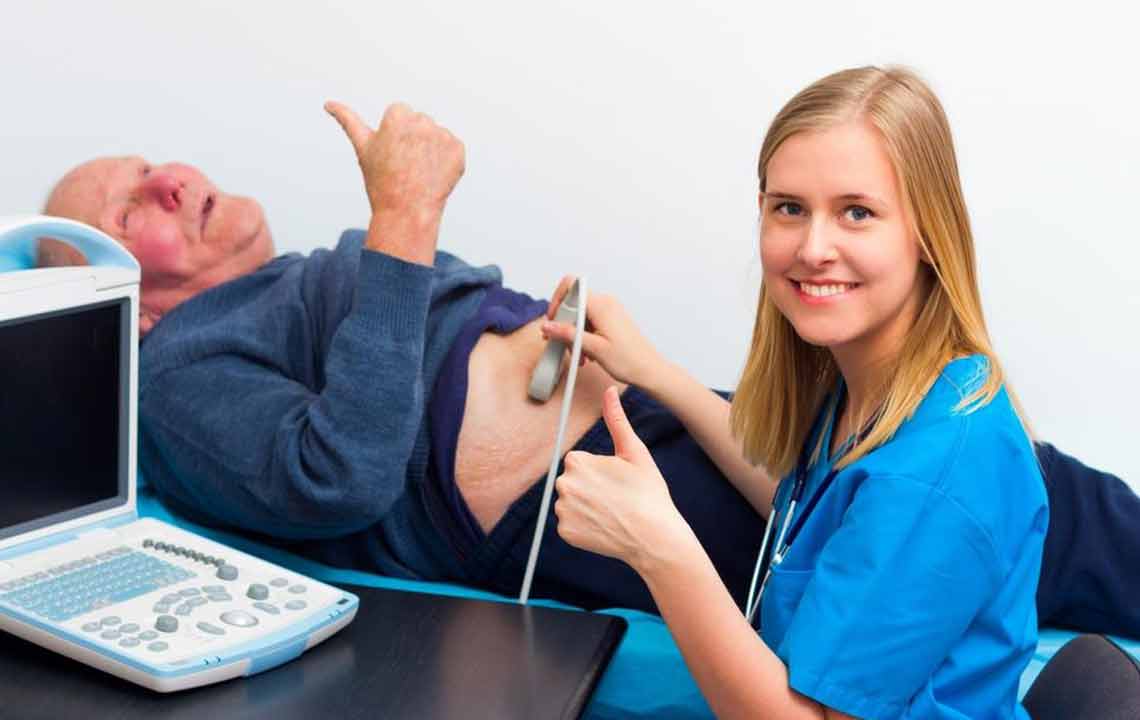Things You Should Know About Hernia
A hernia is an abdominal complication that can develop owing to several other complications in the internal organs of the abdominal tract. Excessive pain can be sometimes felt and hence, the patient needs to recover from such excruciating problem.
How to know it’s a hernia: Symptoms
- The bulge forms in your groin, thighs, or tummy area
- The lump or bulge disappears if you lie down
- The lump often appears when you cough or strain
- You feel heaviness in your groin
- Experiencing chest pain and discomforts like acid reflux, gurgling, and difficulty in swallowing
- Nausea and usually vomiting
- Pain, heaviness, and weakness in the affected area while bending, lifting weights or coughing
- Pressure, burning sensation, or excessive pain in abdomen
- Bulge size increases over time
Types of hernia
- Inguinal hernia
In an inguinal hernia, the fatty tissues or a small part of the intestines prod into the groin at the top of inner thighs.

Fatty tissues or a part of the intestine stand out into the groin at the top of the inner thighs. It mainly affects older women.
Parts of the intestine or fatty tissue pushes through the abdomen near the navel.
Part of stomach jab into the chest cavity via an opening in the diaphragm.
Causes of a hernia
Inguinal and femoral hernias mainly occur due to weak muscles which may present since birth, or related to aging and repeated strains on abdominal and groin area.
An umbilical hernia can occur by straining the abdominal area, by giving birth, long-term excessive coughing or being over-weight.
The main cause of a hiatal hernia is not fully understood but it is assumed that the weakening of diaphragm with increasing age or pressure on abdomen could be the possible reasons.
If not treated: Consequences
Only umbilical hernias in babies disappear themselves, others don’t. Over a course of time, a hernia can increase and can become more painful or can have complications.
These consequences of femoral and inguinal hernias may comprise:
Incarceration – A part of the intestine may stick in the inguinal canal, causing vomiting, nausea and a painful bulge in the groin.
Strangulation – A part of the intestine may get trapped in such a way that it may cuts off its blood supply which may cause tissue death and an emergency surgery is needed in such cases.
How to treat a hernia
Treatment depends on the size of the hernia and the extremity of your symptoms. Avoid activities that increase abdominal pressure which may result in the increase in the size of the hernia. Surgical methods depend on the individual state of affairs, such as the position of the hernia. There are two main types of surgical intervention for it.
Open surgery
This treatment is done to close the hernia using mesh or sutures or at times both. In this sutures, surgical glue or staples are used to close the surgical wound in the skin.
Laparoscopic surgery
Laparoscopic repair is used for repeat operations to remove/avoid previous scars, and while usually more expensive, is less likely to cause complications such as infections in futures.
Treatment without surgery
You read it right, you can also get hernia pain relief without undergoing a surgery. Although, it’s not the major cases, during the initial stages or acute hernias can be treated easily by following simple home remedies.
- Generally, the protrusion in the groin can cause discomfort and hence, support can be put on to relieve the pain. Wearing a truss or a supportive under garment can be helpful in this case. For this proper recommendation from an expert or a doctor is to be taken.
- Ancient or traditional ways and means can also be followed such as acupuncture. This use of intricate needles that can channelize the energy flow of the body through the muscles, nerves can relieve the pain. A proper session of acupuncture is proven to be quite helpful.
- Small and frequent meals are always suggested that are less spicy and oily. Foods that can be easily digested are always suggested so that digestion problems cannot occur.
- Smoking and intake of alcohol is a complete ‘no-no’. Intake of caffeine is to be restricted as well.
- Retaining a balanced weight of the body is essential. Obesity is to be avoided and being under weight is also not good for the health.
- Exercise can relieve the pain and hence, cycling can be practiced along with forms of stretching as well.
- Drinking apple cider vinegar aloe vera juice can lead to hernia pain relief. Aloe vera juice can prevent the acid reflux as well. Drinking a mixture of apple cider vinegar along with lemon juice after or before a meal can help in reducing hernia pain.
- Whole grains are suggested as fiber intake is a must.
However, it is important to consult your doctor before undergoing any treatment for getting hernia pain relief.

